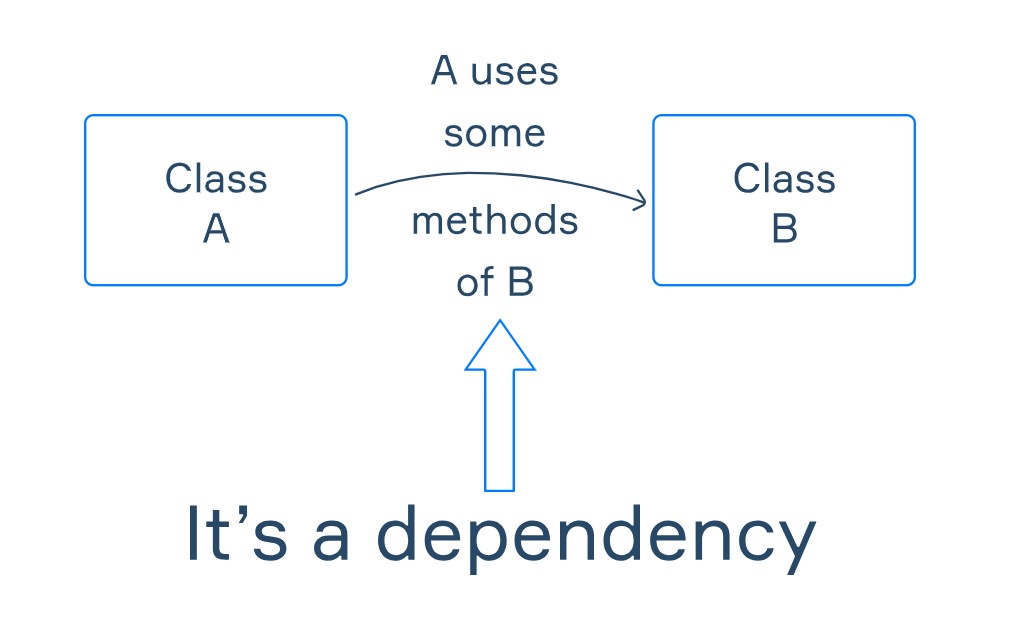Dependency Injection (DI) and Singleton are two popular design patterns in programming. Both aim to manage objects and their relationships within a system. However, DI is often considered a better alternative to Singleton in many cases. Here are some key reasons:
Flexibility and Testability
- Dependency Injection: DI allows for easy replacement of system components with other components at runtime, enabling you to change the behavior of the system without extensively modifying the source code.
- Singleton: It is challenging to change and test due to creating a single global object, making it complex to isolate and test parts of the system.
Scalability
- Dependency Injection: DI supports system scalability well. When new features are needed, you simply create a new class that implements the required interface and configure DI to provide this new class.
- Singleton: It can make the system difficult to scale, especially when many other classes depend on the Singleton object.
Object Lifecycle Management
- Dependency Injection: DI tightly controls the lifecycle of objects, helping to avoid issues related to memory and resource management.
- Singleton: The lifecycle of a Singleton object often lasts for the entire duration of the application, which can lead to memory leaks and other problems.
Clarity of Dependencies
- Dependency Injection: DI makes the dependencies between classes clearer, helping you easily understand how the system works and identify potential bugs.
- Singleton: It can obscure dependencies and make them difficult to track, especially when many classes utilize the Singleton object.
Support for Modern Frameworks
- Dependency Injection: DI is widely supported by modern frameworks such as Spring, Angular, and .NET Core, making it easier to implement and manage complex applications.
- Singleton: While still usable, it is not recommended for large, complex systems.
Why is Dependency Injection Suitable for Game Development?
- Large and Complex Systems: In large games, the systems are often very complex with many interacting objects. DI helps manage these relationships effectively.
- Frequent Changes: Requirements during game development often change. DI allows for easy modifications and expansions of code.
- Cross-Platform: DI helps separate game logic from different platforms, making it easier to port games to new platforms.
How to Apply Dependency Injection in Game Development
To better understand how to apply Dependency Injection in game development, let’s consider an example of DI in Godot using GDScript.
Creating the Weapon Class
gdscriptCopy code# Weapon.gd
extends Node
class_name Weapon
var damage: int
func _init(damage: int):
self.damage = damage
func attack():
print("Attacking with damage: ", damage)
Creating the Player Class
gdscriptCopy code# Player.gd
extends Node
class_name Player
var weapon: Weapon
func _init(weapon: Weapon):
self.weapon = weapon
func attack():
weapon.attack()
Using Dependency Injection
Now you can create a Player and a Weapon in another script and pass the Weapon to the Player:
gdscriptCopy code# Main.gd
extends Node
func _ready():
var sword = Weapon.new(10) # Create a weapon with 10 damage
var player = Player.new(sword) # Inject the weapon into the player
player.attack() # Result: "Attacking with damage: 10"
Explanation
- Weapon Class: Contains a damage property and an attack() method.
- Player Class: Receives a Weapon object through its constructor and uses it in the attack() method.
- Main.gd: Creates objects and passes them to each other, allowing easy changes to the weapon without modifying the Player class.
Disadvantages of Dependency Injection in Game Development
Although DI offers many benefits for game development, it also comes with some drawbacks to consider:
- Initial Complexity: Setting up a DI system can be more complex than traditional approaches, especially for small projects.
- Debugging Difficulty: When objects are created and dependencies are injected automatically, tracing data flow and identifying errors can become challenging.
- Slower Initialization Process: Creating and configuring objects through a DI container can slow down application startup.
- Need for Lifecycle Management: Managing the lifecycle of objects in a DI system can become complex, especially with many interdependent objects.
- Requires More Configuration Code: Configuring the DI container requires additional code to register objects and their dependencies.
When to Consider Carefully Before Using Dependency Injection
- Small Projects: For small projects, the cost of setting up and managing a DI system may not outweigh the benefits.
- Short Development Time: If you are under time pressure, spending time to set up and learn about DI might not be the best choice.
- Development Team Not Familiar with DI: If the development team is not familiar with DI, implementing it may lead to quality issues in the codebase.
Conclusion
Through a comparative analysis between Dependency Injection and Singleton, it can be seen that DI provides many advantages in managing objects and dependencies in software systems, especially in game development. DI helps create flexible, maintainable, and scalable software systems. By decoupling relationships between objects, DI enhances testability and simplifies the development process. However, applying DI requires certain knowledge and experience. To achieve the best results, you should carefully consider the choice between DI and Singleton based on the characteristics of each specific project.

